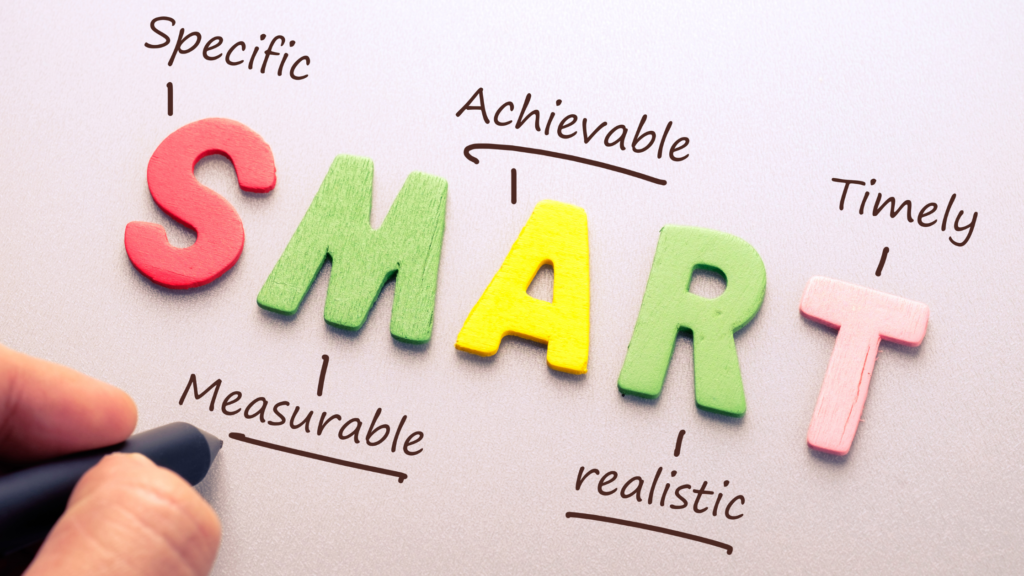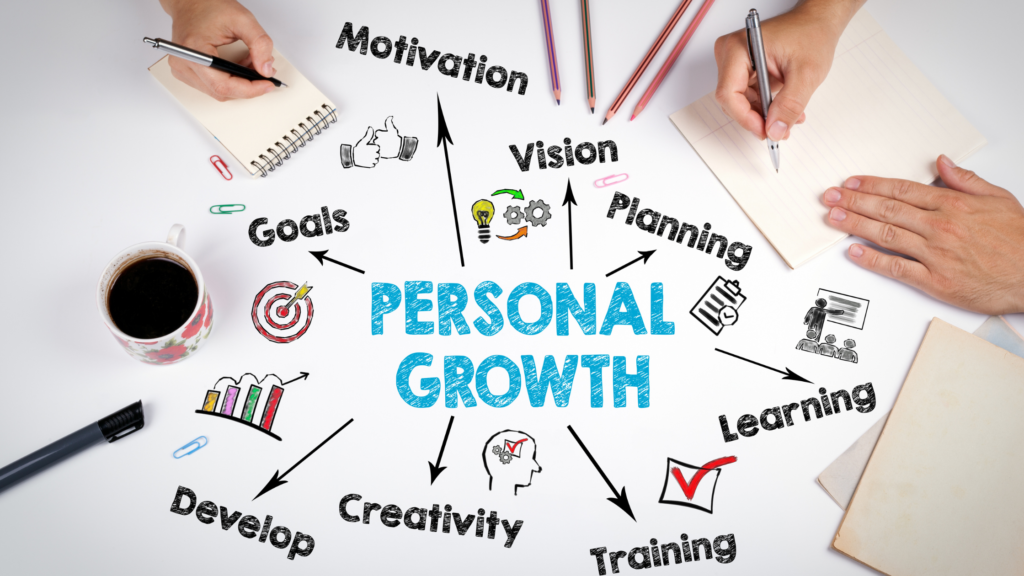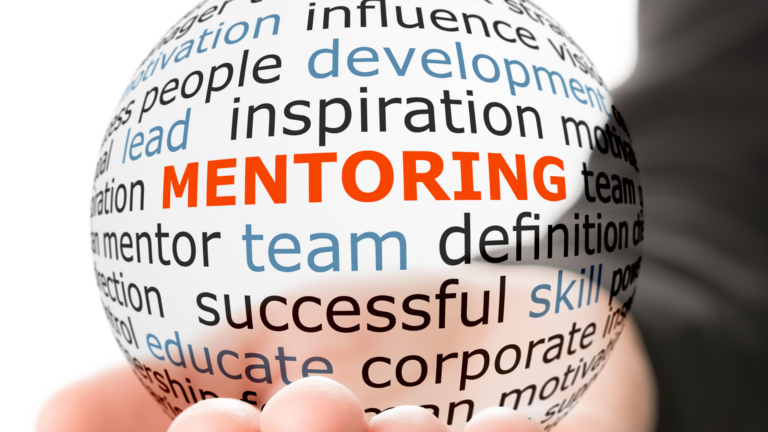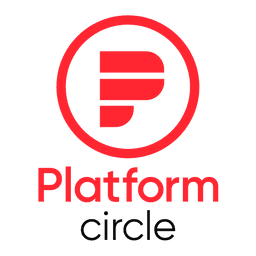Have you been struggling with building a result-oriented personal development objective? Read this post to learn how Platform Circle can help you.
Once upon a time, personal development was just a word most people in the professional space used. Times have changed. These days, it has become a necessity, especially for those who want to thrive personally and professionally.
Personal development objectives serve as a roadmap, guiding individuals toward their goals and aspirations. However, it is interesting to note that not all objectives are created equal. To truly see results, it is essential to build result-oriented personal development objectives. This post will explore how to create effective objectives that inspire and lead to tangible outcomes. To help you achieve the results that you desire, we will show you how Platform Circle will help you in this regard.
Building A Result-Oriented Personal Development Objective
Before we discuss this, we must first understand the phrase “personal development objective.” These objectives are actionable statements designed to facilitate individual growth. They help prepare and improve an individual for personal or business benefit.
It is important to note that a personal development objective must be focused on achieving either external or internal results or outcomes. The objective may be to learn a new skill or improve a specific character trait. Whatever the case, the objective should be result-oriented.
The question that begs an answer at this point is, “How do you build a result-oriented personal development objective?” Check below for a few pointers:
Understand Your Current Situation
Before you can set meaningful objectives, it is crucial to assess your current standing. A self-assessment allows you to evaluate your skills, strengths, and areas for improvement. There are several self-assessment techniques.
One of them is engaging in a personal SWOT analysis. This process will help in identifying your strengths, weaknesses, opportunities, and threats. Alternatively, journaling can help you reflect on your experiences and feelings, providing clarity on your personal and professional landscape. Seeking feedback from trusted peers or mentors can also offer valuable insights into your capabilities and areas for growth.
Understanding your current situation is not just about identifying what needs improvement; it is about setting the context for your objectives. When you know where you are starting from, you can create goals that are relevant and impactful.
Define Clear and Specific Goals

Once you have a solid understanding of your current situation, the next step is to define clear and specific goals. This is where the SMART criteria come into play. Below is a brief description of how it should work:
- Specific: Your goal should be clear and specific. Instead of saying, “I want to improve my communication skills,” say, “I want to attend a public speaking course by November.”
- Measurable: Establish criteria to measure your progress. For example, “I will practice public speaking once a week and seek feedback from peers.”
- Achievable: Ensure that your goal is realistic and attainable. Setting an impossible goal can lead to frustration.
- Relevant: Align your goals with your personal values and long-term aspirations. This alignment enhances motivation and commitment.
- Time-bound: Set a deadline for your goal. This creates urgency and helps you stay focused.
By crafting specific objectives using this format, you create a clear vision of what you want to achieve, making it easier to stay committed.
Break Down Goals into Actionable Steps
Having a clear goal is just the beginning. Once you have this out of the way, your next step should be to create an actionable plan. Breaking down your objectives into smaller, manageable steps is essential for maintaining momentum.
How do you create an action plan? You should begin by outlining the specific actions you need to take to achieve each goal. For instance, if your goal is to improve your public speaking skills, your action plan might include:
- Researching local public speaking courses.
- Enrolling in a course by a certain date.
- Practicing speeches in front of friends or family.
Once you create a plan, you need to establish milestones to track your progress. These are smaller goals that lead up to your main objective. For example, if your goal is to give a presentation at a conference, a milestone could be delivering a presentation to a small group first.
Tracking progress
How do you know you are getting close to achieving your goal or personal development objective? By tracking progress. For efficiency, it is best you work with tech tools that make it easy to track progress on specific tasks. Utilize planners, digital calendars, or project management apps to keep track of your action steps and milestones. These tools can help you stay organized and accountable. One important tool you can consider using is Platform Circle.
Monitoring your progress is vital to ensure you stay on track with your objectives. Regular check-ins allow you to evaluate what’s working and what isn’t. Schedule time to review your progress weekly or monthly. Ask yourself the questions below:
- Am I making progress toward my objectives?
- What challenges have I faced, and how can I overcome them?
- Are my goals still relevant, or do they need adjustment?
Adapting Objectives
The only constant thing in life is change. You should be ready to adapt based on the changes you may experience. When it comes to building and achieving your objectives, while you should have a plan, nothing should be set in stone.
Don’t be afraid to modify your goals based on your progress and changing circumstances. Flexibility is key to personal development. If you find that a particular goal is no longer achievable or relevant, adjust it rather than abandon it altogether.

Bonus Points
There are a few other things you should consider doing. Check below for a short list:
- Celebrate small wins: Recognizing and celebrating your achievements, no matter how small, can boost your motivation. Take time to acknowledge your progress and reward yourself for reaching milestones.
- Seek support and accountability: The journey of personal development doesn’t have to be solitary. Seeking support and accountability can significantly enhance your chances of success. Consider getting an accountability partner.
- Find a mentor or coach: Consider finding a mentor or coach who can provide guidance and support. A mentor can offer valuable insights based on their experiences and help you navigate challenges.
- Join a community: Engaging with a community of like-minded individuals can provide motivation and encouragement. Whether it is an online group or a local club, surrounding yourself with people who share similar goals can foster a sense of belonging and accountability.
How Platform Circle Can Help
Have you been wondering how you can achieve everything mentioned in the previous section? We’ve got some good news. Platform Circle is a tool for building a result-oriented personal development objective.
This powerful tool has an array of features that can be instrumental in allowing you to achieve your goal of building a result-oriented personal development objective. Some of these features include:
Mentor and Accountability Partner Access
One way to build a result-oriented personal development objective is by connecting to to a mentor or accountability partner. These individuals hold you accountable for your decisions and provide guidance to help you become better at what you do.
Platform Circle presents you with a feature that allows you to share your objective with your mentor or accountability partner. Through this feature, they can keep track of your objective and the progress you make periodically. Most importantly, you can use this feature to find out the best times to hold meetings with your mentors and accountability partners and scheule such meetings.
Interactive Calendar
Time is of the utmost essence when it comes to setting goals and building personal development objectives. This is where Platform Circle’s interactive calendar feature comes in handy.
Through this feature, you can stay up-to-date with your personal development journey. Now, you can set reminders, fix events, and sort out your priorities. The calendar also makes it possible to place different entries under specific categories using markers like icons and colors. With this, you no longer have to struggle with filtering objectives in different areas of your life.
Reports
Setting goals and building objectives are great, but without a way to track progress, you may stay on the same spot. This is why Platform Circle has presented you with a way to track progress and optimize your results through its reports feature.
The reports feature allows you to check your reports over a specific period. You can use this to track and analyze your workflow to see where you need to make improvements. The feature is highly analytical and presents insights into your projects and specific tasks, including your personal objectives. Now, you can see how you perform weekly and monthly with respect to your objectives.
Conclusion
Building result-oriented personal development objectives is a dynamic process that requires self-awareness, planning, and adaptability. By understanding your current situation, defining clear goals, breaking them down into actionable steps, monitoring your progress, and seeking support, you can create a roadmap to success.
It is time to start taking action. You can begin your journey to personal and professional growth today by checking out Platform Circle. This tool has features specifically designed to help you through your journey of personal development. Begin now by signing up here.




